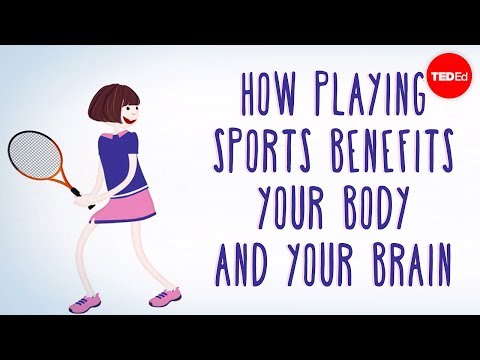Who Sued EA Sports Over the NCAA?
Contents
Who Sued EA Sports Over the NCAA?
The National Collegiate Athletic Association (NCAA) and a number of student-athletes have filed lawsuits against EA Sports over the use of their likenesses in the popular NCAA Football and NCAA Basketball video games.
The lawsuits allege that EA Sports has violated the athletes’ rights by using their names and likenesses without permission or compensation. EA Sports has countered that the use of the athletes’ names and likenesses is protected by the
Checkout this video:
The Players
Ed O’Bannon
The former UCLA men’s basketball star filed the suit in 2009, alleging the use of players’ likenesses without compensation violated antitrust laws. In 2014, a district judge granted class-action status to current and former football and basketball players. The case settle in 2015 for $60 million.
Sam Keller
Sam Keller was a former college football player for Arizona State University and the University of Nebraska. He also played professionally for the NFL’s Oakland Raiders. In May 2009, Keller filed a class action lawsuit against EA Sports, alleging that the video game maker used his and other players’ likenesses in its NCAA Football and NCAA Basketball games without permission or compensation. The suit was later consolidated with another similar case.
In September 2014, a federal judge ruled in Keller’s favor, finding that EA Sports had violated Keller’s right of publicity. The judge awarded Keller $40 million in damages, which were later reduced to $26 million on appeal.
The Case
The Allegations
The case against EA Sports was brought by former collegiate athletes who claimed that the video game company had used their likenesses without permission or compensation. The athletes also alleged that EA Sports had violated antitrust laws by creating a monopoly in the market for college sports video games.
The case was initially filed in 2009 and went to trial in 2014. In 2015, the court ruled in favor of the athletes, finding that EA Sports had indeed used their likenesses without permission. The court ordered EA Sports to pay $40 million in damages to the athletes.
EA Sports appealed the decision, but in 2017, the appellate court upheld the lower court’s ruling. EA Sports then decided to settle the case, and in 2019, it agreed to pay $60 million to the athletes.
The Outcome
In September 2014, the NCAA and EA Sports settled out of court for $40 million. The NCAA agreed to create a $20 million fund to reimburse athletes who had been featured in EA Sports’ college sports games. In addition, EA Sports agreed to pay $20 million to the Plaintiffs’ lawyers.
The Aftermath
In 2014, former UCLA Bruins basketball player Ed O’Bannon sued EA Sports over the use of his likeness in the NCAA Basketball video game series. The case went to trial, and in 2015, the court ruled in favor of O’Bannon. As a result of the ruling, EA Sports was forced to stop making NCAA Basketball games.
The Impact on EA Sports
In 2014, the NCAA sued EA Sports over their use of student-athletes’ likenesses in their college football and basketball video games. The lawsuit was settled in 2016, and as a result, EA Sports was no longer able to produce games that featured NCAA branding.
The loss of the NCAA license had a significant impact on EA Sports. College football and basketball are two of the most popular sports in the United States, and the NCAA games were some of EA’s best-selling titles. In addition, the NCAA license was also used in EA’s Madden NFL franchise, as many colleges have their own football teams.
Without the NCAA license, EA Sports has had to get creative with their college football and basketball games. They have created fictional colleges and universities, as well as using generic logos and mascots. While these games are still popular, they have not been able to reach the same level of success as they did when they had the NCAA license.
The Impact on the NCAA
When the Supreme Court ruled that the NCAA could not stop colleges from offering their athletes up to $5,000 a year in deferred compensation, it dealt a heavy blow to the organization’s ability to regulate college sports. The ruling also put pressure on the NCAA to allow players to be paid for use of their name, image and likeness (NIL).
In response to the ruling, the NCAA set up a working group to study the issue and make recommendations for change. The group is expected to present its findings to the NCAA board of governors in October 2019.
The Supreme Court’s ruling could have a profound impact on college sports, especially football and basketball. If the NCAA allows colleges to pay players for NIL, it could create a bidding war for talented athletes. The schools that can offer the most money would have a significant advantage in recruiting.
The impact of the ruling will also be felt by the student-athletes who are currently enrolled in college. If they are allowed to be paid for NIL, they will receive a windfall of money that they did not expect when they signed up for college sports. This could create tension between those who are paid and those who are not.
TheSupreme Court’s ruling is likely to have far-reaching consequences for the NCAA and college sports. It remains to be seen how these changes will impact the popularity of college sports among fans and athletes alike.







